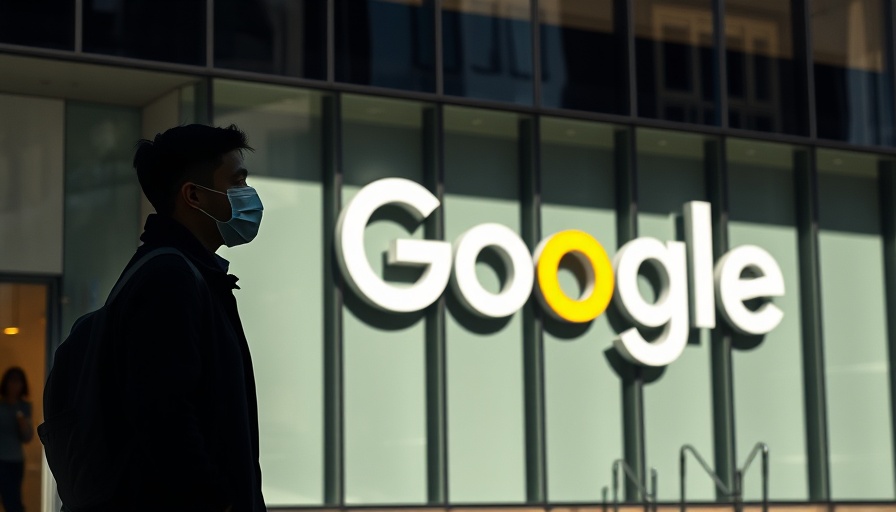
Google’s Shift from Health Equity to Health Optimization: What’s Behind the Change?
In a surprising move, Google has reframed its commitment to health equity, transitioning the language on its health website from “health equity” to “health optimization.” This shift comes at a time when national discussions about diversity, equity, and inclusion (DEI) are intensely scrutinized, particularly following public comments from former President Donald Trump targeting these very initiatives. Google's adjustment raises questions about the organization's priorities and the future of health equity in a tech-driven world.
The Context of Change: Why the Redefinition Matters
For years, Google was an advocate for health equity, highlighting their focus on addressing social and economic disparities that affect health outcomes among different populations. However, this progressive stance has seemingly been muted in favor of broader, more generalized declarations like “improving health for everyone, everywhere.” As reported, the global head of health equity, Heather Cole-Lewis, now serves as the head of health optimization, a title that reflects a strategic shift in the company’s narrative.
Understanding Health Disparities: The Core of Health Equity
Health equity refers to the effort to ensure that everyone has a fair and just opportunity to be as healthy as possible. It addresses the systemic issues that lead to health disparities—factors like income, education, and access to healthcare resources. By focusing on “health optimization” instead, Google might risk diluting these critical conversations and strategies that aim to improve specific health outcomes for marginalized communities.
The Broader Implications of This Shift
This kind of language change is not merely cosmetic; it could signal a shift in how technology firms prioritize health initiatives. As tech companies play a more significant role in public health, it is essential for them to lead with comprehensive strategies that promote equity rather than an abstract ideal of optimization. Without a commitment to health equity, there’s a concern that advancements in health technology could favor the already healthy, widening existing gaps.
Community Perspectives on Health Optimization
The community's reaction to such terminology change could be mixed. Many grassroots organizations and public health advocates stress the importance of specificity in health messaging. Their aim is to ensure that technological advancements genuinely reach those in need rather than glossing over the systemic issues that underpin health disparities.
Reflecting on the Future of Health Initiatives
As major players like Google reconsider how they define and approach health issues, it's vital for stakeholders—from policymakers to community advocates—to hold these organizations accountable. The continued push for authentic health equity must remain at the forefront of health dialogue to ensure all communities benefit from technological advancements. What does this mean for future initiatives? The conversation about health and technology must not lose sight of the people those initiatives are meant to serve.
The move from health equity to health optimization challenges us to think about who gets left behind in this race for innovation. Only by prioritizing a comprehensive framework can we genuinely strive to improve health outcomes for every individual.
 Add Row
Add Row  Add
Add 




Write A Comment